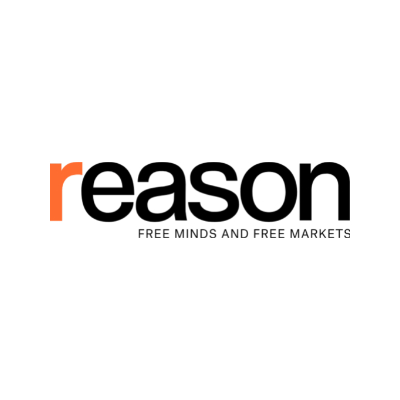Supreme Court Adds Two Potentially Significant Cases to OT2024 Docket
- Bias Rating
- Reliability
45% ReliableAverage
- Policy Leaning
26% Somewhat Right
- Politician Portrayal
N/A
Continue For Free
Create your free account to see the in-depth bias analytics and more.
By creating an account, you agree to our Terms and Privacy Policy, and subscribe to email updates.
Bias Score Analysis
The A.I. bias rating includes policy and politician portrayal leanings based on the author’s tone found in the article using machine learning. Bias scores are on a scale of -100% to 100% with higher negative scores being more liberal and higher positive scores being more conservative, and 0% being neutral.
Sentiments
44% Positive
- Liberal
- Conservative
| Sentence | Sentiment | Bias |
|---|---|---|
Unlock this feature by upgrading to the Pro plan. | ||
Reliability Score Analysis
Policy Leaning Analysis
Politician Portrayal Analysis
Bias Meter
Extremely
Liberal
Very
Liberal
Moderately
Liberal
Somewhat Liberal
Center
Somewhat Conservative
Moderately
Conservative
Very
Conservative
Extremely
Conservative
-100%
Liberal
100%
Conservative

Contributing sentiments towards policy:
54% : Although all agree Catholic Charities is controlled by a church -- the Diocese of Superior -- the Wisconsin Supreme Court held that Catholic Charities is not "operated primarily for religious purposes" and thus does not qualify for the tax exemption.51% : Today the Supreme Court granted certiorari in two potentially significant cases, one concerning-church-state relations and other Article III standing.
41% : In addressing federal constitutional challenges, may state courts require proof of unconstitutionality "beyond a reasonable doubt?" The second grant came in Diamond Alternative Energy LLC v. Environmental Protection Agency, in which the petitioners are challenging the EPA's grant of a waiver of preemption to California's low-emission vehicle regulations.
*Our bias meter rating uses data science including sentiment analysis, machine learning and our proprietary algorithm for determining biases in news articles. Bias scores are on a scale of -100% to 100% with higher negative scores being more liberal and higher positive scores being more conservative, and 0% being neutral. The rating is an independent analysis and is not affiliated nor sponsored by the news source or any other organization.






















 Reason
Reason